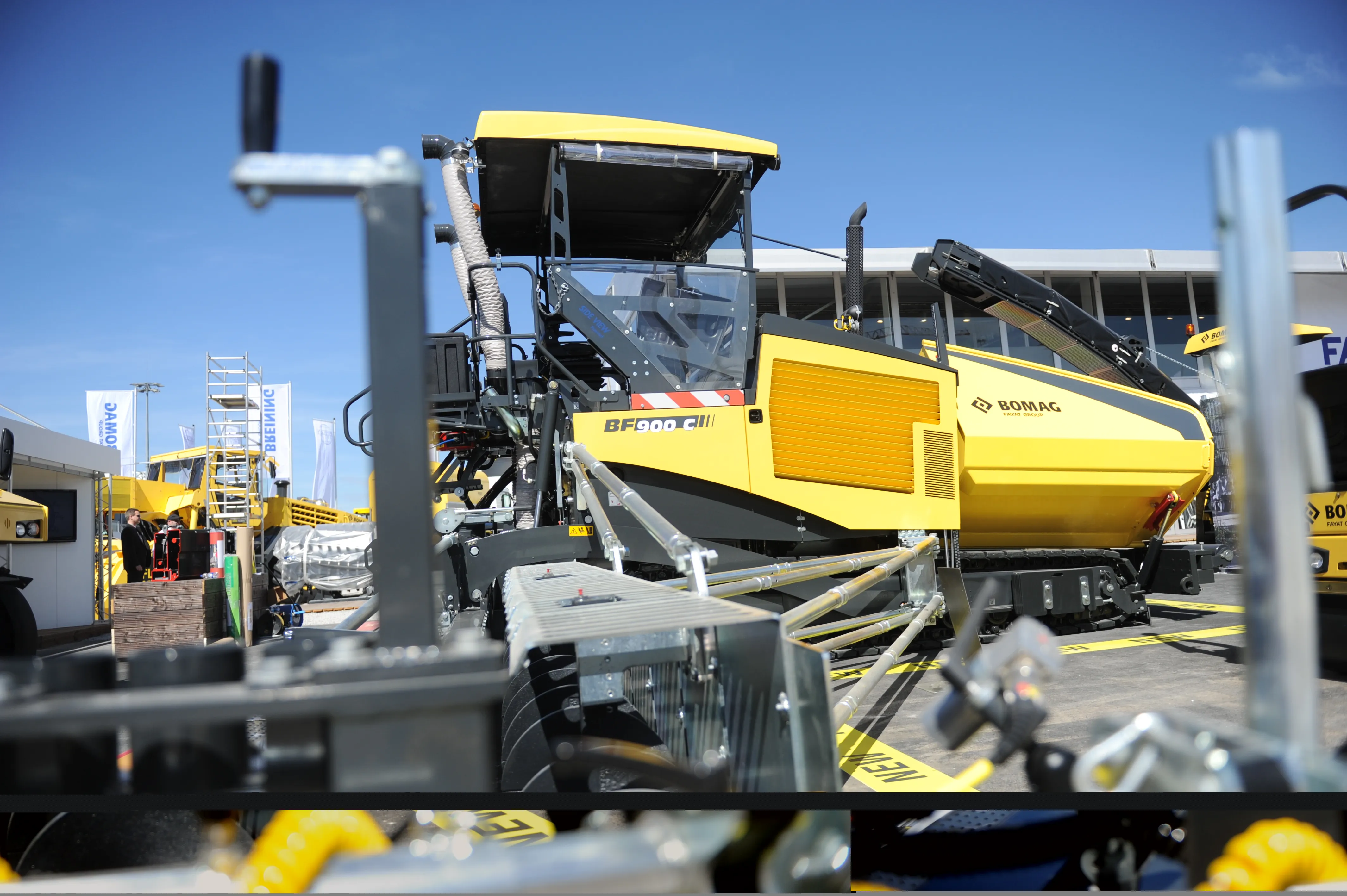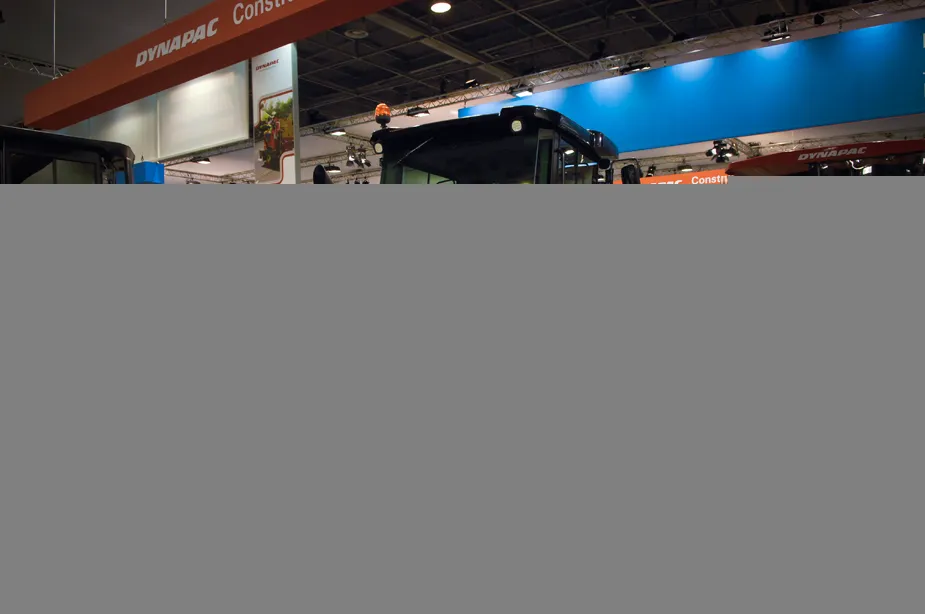Highway designers are increasingly asked to integrate cycle lanes and paths into their projects in major urban areas.
And many commuting cyclists are grateful for it, too.
But what happens when the cycle path ends, even if it is right outside the rider’s destination, such as his or her work place, be it an office building or factory?
That last few metres are essential for completing the perfect commute. This means being able to park the bicycle in a secure environment.
September 7, 2015
Read time: 2 mins
Highway designers are increasingly asked to integrate cycle lanes and paths into their projects in major urban areas.
And many commuting cyclists are grateful for it, too.
But what happens when the cycle path ends, even if it is right outside the rider’s destination, such as his or her work place, be it an office building or factory?
That last few metres are essential for completing the perfect commute. This means being able to park the bicycle in a secure environment.
Over the past decade or so, more and more businesses have been designing cycle parking on the premises, as well as installing shower and change-room facilities – even drying areas for a cyclists rain-soaked clothes.
But it’s been a struggle allowing cyclist to bring their two-wheels into the office if that is the only place to keep it safe. In some cities, such as New York, it’s mandatory for business’s and property owners to allow this.
New York City’s Bikes in Buildings programme is to aid the Bicycle Access to Office Buildings Law that aims to increase bicycle commuting by providing cyclists secure parking their bicycles in or close to their workplaces. The programme allows tenants of office buildings to request bicycle access for their employees. In response to a request, a building owner or manager must either grant access or request an exception from the New York City Department of Transportation.
The law, however, applies only to commercial office buildings with at least one freight elevator. It does not apply to residential buildings or any other building that is not primarily composed of offices.
There could also be a downside to encouraging cycle commuting. Some people just don’t know when to leave their bicycle outside, as the video below shows.
In London, one property owner has gone one wheel-turn further by designing in a cycle ramp right into the office, as this %$Linker:2 External <?xml version="1.0" encoding="utf-16"?><dictionary /> 0 0 0 oLinkExternal BBC video Visit BBC Website false http://www.bbc.co.uk/news/business-34154520 false false %> shows. However, the cycle ramp at the refurbished Alphabeta building it may not be a ride for the faint-hearted.
And many commuting cyclists are grateful for it, too.
But what happens when the cycle path ends, even if it is right outside the rider’s destination, such as his or her work place, be it an office building or factory?
That last few metres are essential for completing the perfect commute. This means being able to park the bicycle in a secure environment.
Over the past decade or so, more and more businesses have been designing cycle parking on the premises, as well as installing shower and change-room facilities – even drying areas for a cyclists rain-soaked clothes.
But it’s been a struggle allowing cyclist to bring their two-wheels into the office if that is the only place to keep it safe. In some cities, such as New York, it’s mandatory for business’s and property owners to allow this.
New York City’s Bikes in Buildings programme is to aid the Bicycle Access to Office Buildings Law that aims to increase bicycle commuting by providing cyclists secure parking their bicycles in or close to their workplaces. The programme allows tenants of office buildings to request bicycle access for their employees. In response to a request, a building owner or manager must either grant access or request an exception from the New York City Department of Transportation.
The law, however, applies only to commercial office buildings with at least one freight elevator. It does not apply to residential buildings or any other building that is not primarily composed of offices.
There could also be a downside to encouraging cycle commuting. Some people just don’t know when to leave their bicycle outside, as the video below shows.
In London, one property owner has gone one wheel-turn further by designing in a cycle ramp right into the office, as this %$Linker:








